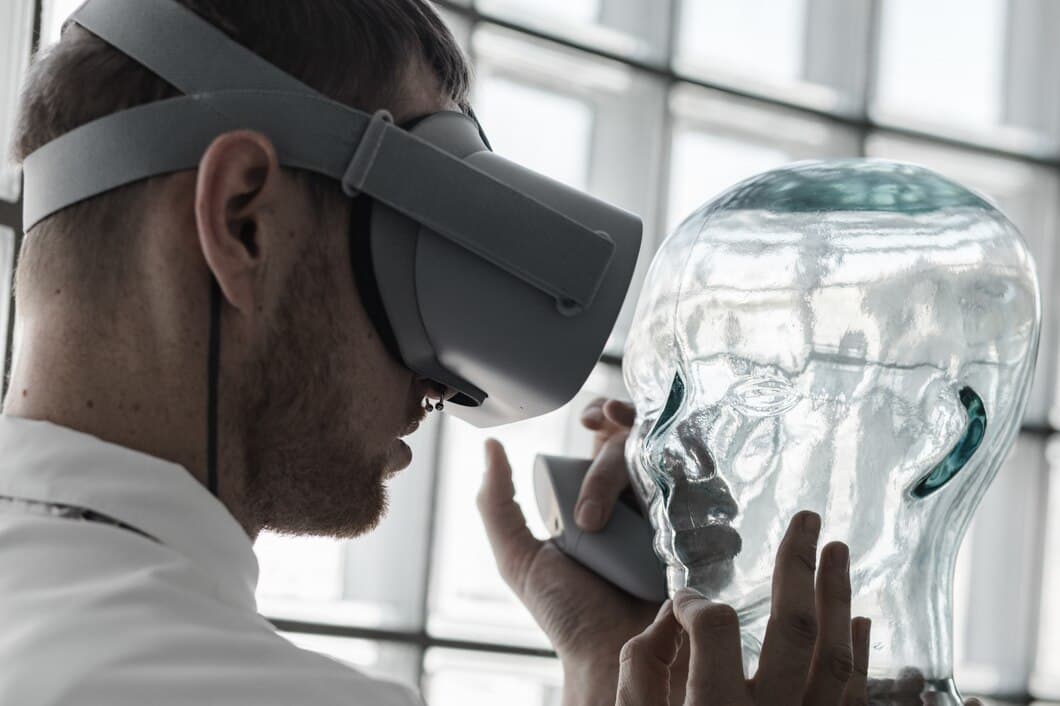The ethical dilemma of AI in mental health therapy continues to grow as artificial intelligence tools become more involved in personal well-being. With AI-powered chatbots, virtual therapists, and emotional recognition technologies on the rise, mental health support is becoming more accessible. However, this convenience brings new ethical questions about privacy, bias, empathy, and accountability.
While AI offers promise, it also forces us to reconsider the core values of therapy—and whether machines should play such a deeply human role.

Accessibility vs. Authenticity
AI has made mental health therapy more available to those who struggle to access traditional care. For example, chatbots like Woebot or Wysa can engage users in daily conversations, helping them manage anxiety, depression, or stress. These tools are cost-effective, available 24/7, and can reduce stigma by offering anonymous support.
However, there’s a major concern: can AI truly understand what a person is going through? While bots may simulate empathy, they don’t genuinely feel it. This lack of emotional depth can make therapy feel robotic and impersonal. Even though some users find value in digital tools, others may feel dismissed or misunderstood by emotionless replies.
Thus, the ethical dilemma of AI in mental health therapy lies partly in balancing access with the authenticity that real therapists provide.
Data Privacy and Confidentiality Risks
Another critical issue is data security. AI-based therapy tools gather sensitive information—personal thoughts, emotional patterns, and behavioral insights. If developers fail to secure this data, users face serious risks. A data breach could expose intimate details that were shared in confidence.
Although developers claim to use encrypted systems, no platform is immune to hacking. Additionally, not all AI tools make it clear how they store, use, or share data. In some cases, companies may use this data for algorithm training or sell it to third parties for advertising purposes.
This raises the question: can users trust AI with their mental health data the same way they trust a human therapist? For therapy to work, confidentiality must remain unbreakable—yet AI sometimes compromises this unwritten rule.
Algorithmic Bias and Fairness
Bias is another concern fueling the ethical dilemma of AI in mental health therapy. AI systems learn from data, but that data often reflects real-world inequalities. For example, if an AI tool is trained primarily on data from Western populations, it may misinterpret symptoms in people from other cultures.
Similarly, if a bot isn’t programmed to recognize diverse expressions of trauma, it may offer inappropriate advice—or worse, fail to respond to a crisis. In extreme cases, biased AI could ignore suicidal thoughts, mislabel cultural behaviors as disorders, or reinforce stereotypes.
Without regular audits and diverse datasets, these tools risk widening the mental health gap instead of closing it.
Replacing Therapists or Supporting Them?
Some fear that AI may eventually replace human therapists. While AI can automate certain tasks—such as mood tracking, cognitive exercises, or appointment scheduling—it cannot replace the human connection that defines therapy. Therapists use intuition, body language, and empathy to guide their decisions. Machines, on the other hand, follow programmed patterns.
A healthier approach is to use AI as a support system, not a substitute. With proper use, AI can help therapists manage large caseloads, monitor patient progress, and detect warning signs between sessions. This hybrid model could offer the best of both worlds—efficient tools and human care.
Yet, if healthcare systems begin cutting costs by replacing professionals with machines, we risk compromising mental health care quality in the name of efficiency.
Conclusion
The ethical dilemma of AI in mental health therapy demands thoughtful discussion. While AI can expand access and improve efficiency, it cannot replace the compassion, confidentiality, and cultural sensitivity that human therapists provide. Ethical use of AI in therapy requires clear data policies, inclusive design, and transparency about its limitations.
Rather than letting machines dominate, we should let them assist—ensuring that technology enhances mental health care without stripping away its human heart.
